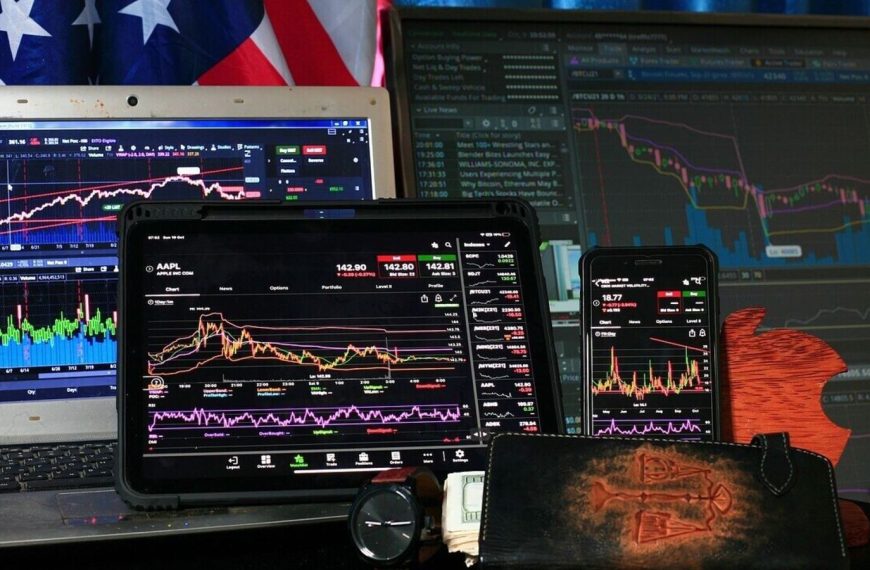On Wednesday, the administration is set to announce a sweeping range of reciprocal tariffs against various trading partners, raising concerns among investors about potential market disruptions. While the president has described these tariffs as "lenient," the ambiguity surrounding the specifics has left financial managers on high alert. The recent imposition of auto tariffs has already shaken the global automotive sector, signaling a volatile atmosphere ahead.
Market Reactions to Tariff Announcements
Mark Malek, Chief Investment Officer at Siebert, emphasized the high stakes involved: “Everything is at stake, everything.” As inflation rises and consumer sentiment weakens, many believe these conditions are a direct result of the administration’s tariff strategies. According to strategists at Barclays Plc, April 2 could set a significant precedent for market trends in the coming months. They caution that extensive tariffs could negatively impact risk assets as the second quarter begins, although some exemptions or delays could trigger a much-needed "relief rally."
Potential Retaliation and Market Volatility
The risk of retaliation from U.S. trading partners is another factor that could increase market volatility, as noted by Solita Marcelli, Chief Investment Officer at UBS’s American wealth management sector. In anticipation of these developments, traders have begun to withdraw from vulnerable sectors. Notably, stocks linked to industries most affected by tariffs have significantly underperformed compared to broader market indexes in both the U.S. and Europe.
Key Sectors to Monitor in the U.S.
- Automobiles: The automotive sector remains a focal point, particularly following the announcement of a 25% tariff on auto imports. Companies like General Motors and Ford are bracing for increased costs, with the automotive index plummeting 34% since the start of the Trump administration.
- Semiconductors: Chip manufacturers like Nvidia, Advanced Micro Devices, and Intel are also at risk, as tariffs could target semiconductor chips, further complicating an already challenging landscape for these companies.
- Pharmaceuticals: Major players such as Pfizer, Johnson & Johnson, and Merck may face challenges related to drug sourcing and distribution if reciprocal tariffs are enacted.
- Metals: Reports indicate upcoming tariffs on copper imports, which have already seen soaring prices. Companies like Freeport-McMoRan and Southern Copper are particularly vulnerable to these changes.
European and Asian Implications
In Europe, the European Union is exploring potential concessions to mitigate the impact of new tariffs, particularly on the automotive sector. The Stoxx Auto & Parts Index has already declined by approximately 12% this year. Additionally, the threat of a staggering 200% tariff on alcoholic beverages from the EU poses significant challenges for wine and spirit producers, with companies like Davide Campari-Milano warning of potential losses.
In Asia, China appears to be less affected by tariffs than during the first term of the Trump administration, as its share of U.S. imports has decreased. However, companies such as Techtronic Industries in Hong Kong and Japanese automakers like Toyota and Honda could still experience pressure from reciprocal tariffs. The chipmaking industries in South Korea and Taiwan, particularly giants like Samsung Electronics and TSMC, are also under scrutiny due to their substantial exposure to the U.S. market.
Conclusion
As the administration prepares to reveal its latest tariff strategy, the potential impacts on various sectors cannot be underestimated. Investors should remain vigilant, analyzing how these changes might unfold and affect global markets. With trading dynamics shifting rapidly, companies across industries must brace for the potential consequences of the upcoming tariff decisions.











